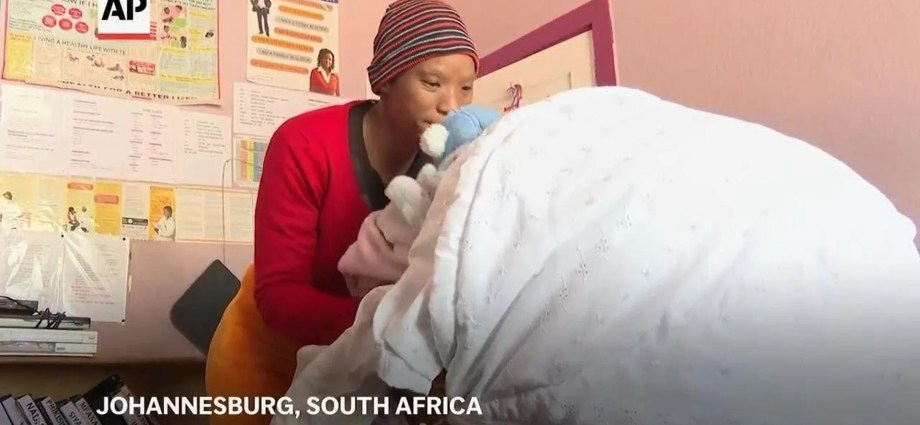South Africa’s Stalled Progress in Preventing Mother-to-Child HIV Transmission
Despite Progress, 7,000 Babies Still Contract HIV Annually
Over the past two decades, South Africa has made significant strides in reducing mother-to-child HIV transmission (MTCT), yet approximately 7,000 infants still contract the virus each year. While the MTCT rate has dropped dramatically from over 30% in the early 2000s to about 2.7% today, experts warn this progress has plateaued.
Video credit to: AP Archive
The Current Landscape of HIV Transmission
According to Professor Linda-Gail Bekker of the Desmond Tutu Health Foundation, South Africa’s early success in reducing pediatric HIV infections has been followed by complacency. Dr. Glenda Gray from the University of the Witwatersrand notes that about one-third of pregnant women in South Africa are HIV-positive, with even higher rates in regions like KwaZulu-Natal.
Why Transmission Persists
The primary driver of current MTCT cases involves women who contract HIV late in pregnancy or during breastfeeding. Thembisa model estimates show that of the 7,200 babies infected annually, nearly 4,700 cases occur during breastfeeding when mothers haven’t yet been diagnosed or started treatment.
Key Challenges in Prevention
- Late HIV diagnosis during pregnancy or postpartum
- Healthcare inequities in rural areas
- Inconsistent implementation of prevention guidelines
- Limited access to newer prevention methods
Solutions and Innovations
South Africa’s 2023 prevention guidelines recommend:
- Dolutegravir-based regimens for newly diagnosed mothers
- Regular infant testing at birth, 10 weeks, 6 and 18 months
- Integrated HIV testing with other maternal health services
Experts emphasize the need for:
- Long-acting injectable PrEP (cabotegravir/lenacapavir)
- Better integration of HIV services with antenatal care
- Increased postnatal support and education
Funding Cuts Threaten Progress
Recent reductions in U.S. HIV funding have severely impacted services. Researchers warn these cuts may reverse hard-won gains in MTCT prevention, particularly affecting marginalized communities.
As Professor Bekker states: “We know exactly what we need to do… We need to just do it!”


